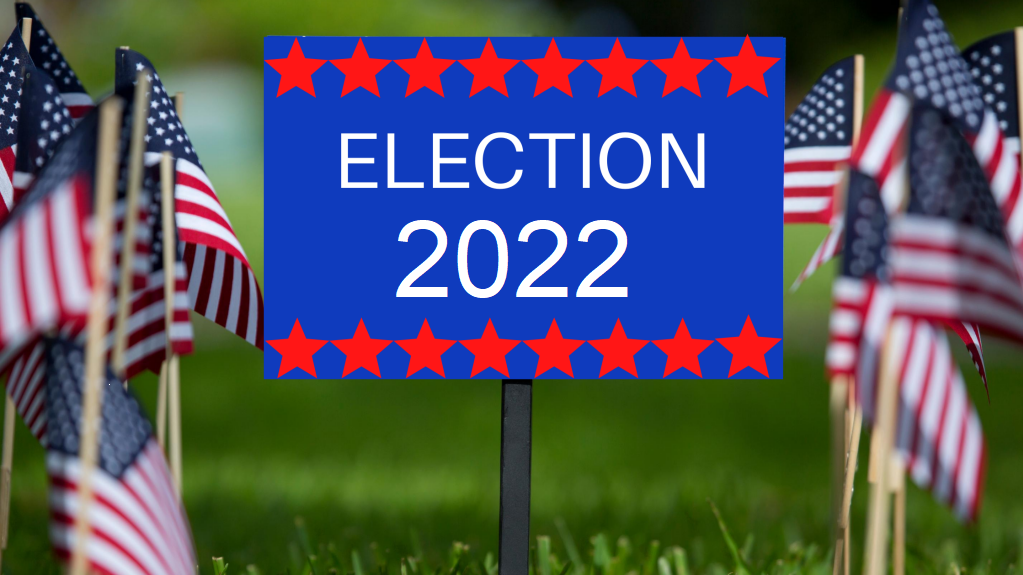What are the Rules Concerning HOA Political Signs?
As summer comes to a close and the leaves begin to fall, every day is one day closer to Election Day. Now, residents around Metro Atlanta and throughout Georgia have begun to show their full support of candidates facing election, through proud displays of campaign signs. Given the heightened contention around this year’s election, many boards may wish to call their community association attorney at the first hint of campaign sign conflict.
Given the number of signs already posted, your community association may justifiably be wondering if it has any control over campaign signs in the community. For those community associations with Declarations of Covenants that include restrictions regulating HOA political signs, the answer is likely “yes.”
HOA Rules on Political Signs
It is a common misconception that the First Amendment right to free speech prevents a community association from prohibiting HOA political signs in the community. In fact, Georgia courts, as well as other courts throughout the country, have consistently upheld a community association’s right to prohibit signs, including political signs.
For example, in the seminal Georgia case on this issue, Bryan v. MBC Partners, L.P., an owner of a lot in a homeowners’ association argued that the association’s restrictive covenant that prohibited all signs except for “For Sale” signs and signs approved by the association was unconstitutional because it violated his freedom of speech. In response to this challenge, the Georgia Court of Appeals upheld the validity of the association’s restrictive covenant regulating signs.
Understanding HOA Restrictions on Political Signs
Specifically, the Court found that while a sign is an expression of free speech protected by both the U.S. Constitution and the Georgia Constitution, a person could agree to waive or renounce constitutionally protected rights as long as the action did not injure others or affect the public interest. The Court reasoned that a restrictive covenant, such as the one regulating signs, constitutes an agreement that is accepted by a homeowner when he or she purchases a lot subject to the restrictive covenant. Further, the Court held that such a covenant does not affect the public interest because it only applies to those people who agree to be bound by its terms – people who bought in that subdivision.
Confirm Your Covenants’ Restrictions with Your Georgia Community Association Attorney
The Court in the Bryan case held that when a homeowner buys a property subject to a restrictive covenant regulating or prohibiting signs, the homeowner agrees to be bound by that restrictive covenant and waives his or her constitutional right of free speech with regard to the display of signs. Importantly, a community association, including HOA and political signs, can only regulate signs to the extent that its recorded Declaration of Covenants includes a provision giving it the right to do so.
Many community association Declarations of Covenants do contain provisions prohibiting or limiting owners from erecting or placing signs in the community without Board or architectural control committee approval. Considering the Bryan case, these provisions should be enforceable to prevent owners from erecting signs, including HOA political signs. However, when in doubt of your community’s restrictions, always be sure to consult with your Georgia community association attorney to clarify before taking any action.
Work with your community association attorney to craft a solid policy on HOA Political Signs
Even with sign restrictions in place, some community association Boards of Directors want to permit their members to display political signs. If your Board would like to allow political signs, it can work with its community association attorney to establish a neutral HOA political sign policy/regulation that:
- limits the size, number, and location of signs;
- requires professionally lettered signs; and
- limits the length of time that signs can be displayed.
Such a policy can protect the appearance of the community from excessive campaign sign displays, while permitting homeowners to respectfully show their support of a candidate.
If your Board of Directors has questions about your community’s covenants and restrictions or would like clarification on your association’s rights to limit political or other signs, contact NowackHoward to speak with a community association attorney. Our attorneys are available by phone at (770) 863-8900 or email at info@nowackhoward.com.


